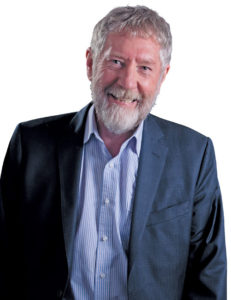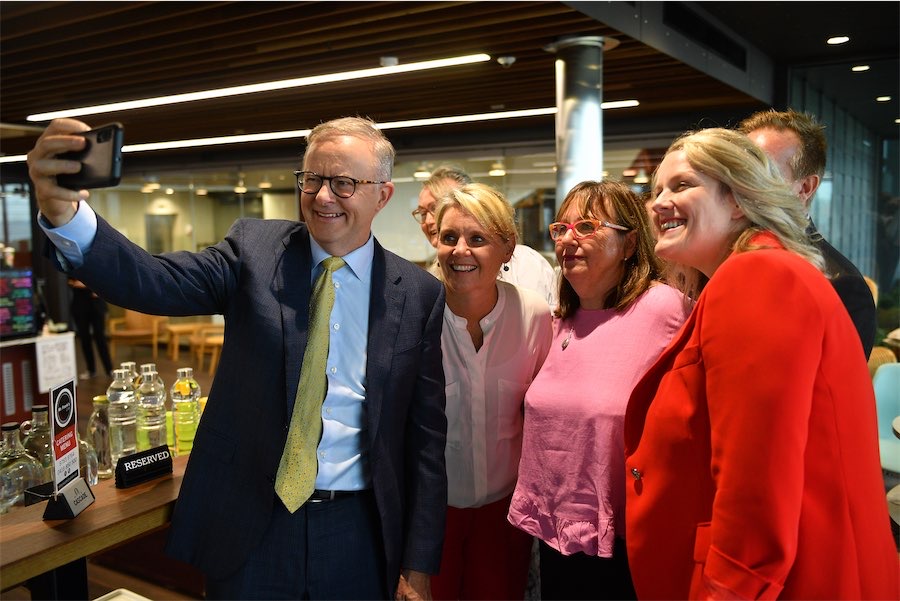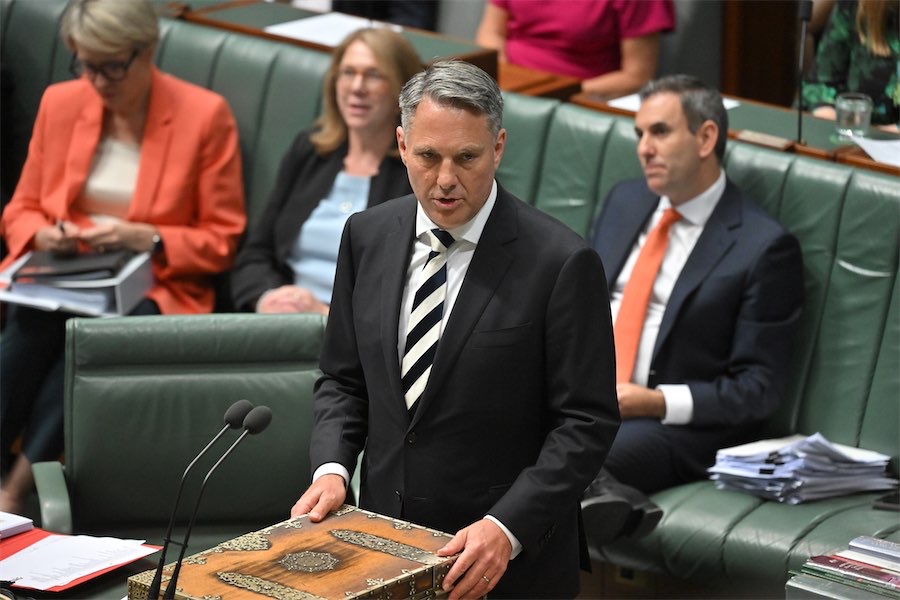“The drought has emphasised just how tough farming is across Australia. Progressive thinking might include encouraging farmers with an alternative source of income by providing access to investment in solar energy,” says political columnist MICHAEL MOORE.
SETTING future priorities is a key role for government. If only governments were good at it!

Strong leadership is needed to provide a clear direction, the means to get there and ensuring broad community understanding of direction and intent.
Poor leadership creates a political vacuum and invites an opportunity for others to step into the breach. The commitment of the Federal government to continue to support and fund the coal and other fossil-fuel industries, while largely ignoring renewables, illustrates short-term, narrow thinking that opens a gap for alternative leadership.
Community comments in letters to “CityNews” over the last few editions are illustrative.
The frustration with Greta Thunberg by former MLA and education minister, Bill Stefaniak, is illustrative. Dismissing her as an “angry, ill-informed and seemingly disturbed little Swedish girl” only strengthens her hand and her following.
A person from the next generation who has seen the failure of her own government in Sweden, and governments internationally, steps into the breach with future understanding and long-term vision.
It might be time to listen to young people and attempt to understand their concerns and frustrations. Previous generations were concerned about issues such as the war in Vietnam, the Cold War and apartheid in South Africa. Rather than being worried about Communism and the nuclear holocaust, the current generation is concerned about Mother Earth slowly being strangled to death through greed, selfishness and focus on short-term profits.
In the meantime, the Federal and other governments continue to invest significant sums of money to facilitate coal mining projects such as Adani, while industry invests in funding and influencing political parties.
On a recent visit, I observed the extensive solar farm close to Broken Hill and a wind farm not far away near Silverton.
This infrastructure makes so much sense considering wind and solar conditions in the far west of NSW. Driving back through Cobar and Nyngan, I could not help wondering why there was not much greater investment in this technology in the hot, arid and windy areas of the country.
A clue came from one of the locals in Broken Hill. The infrastructure to move the power across the grid to Wentworth and Mildura is limited resulting in the need to regularly pause a number of the windmills despite adequate wind. At times, it operates at less than 20 per cent capacity.
Prioritising coal infrastructure over improving the grid to encourage solar farms and wind energy is almost incomprehensible.
As Julian Cribb, author of “Food or War”, pointed out on the ABC’s “Q&A”, the US now has a three-trillion-dollar industry in renewable energy.
A few decades ago Australia was a world leader in this area and has been hampered through lack of investment from consecutive governments of both political persuasions.
The drought has emphasised just how tough farming is across Australia, but particularly in outback NSW and Queensland. Progressive thinking might include supporting and encouraging farmers with an alternative source of income by providing access to investment in solar energy. But only if governments also invest in improving the grid to handle the power, including research and implementation of highly efficient and cheaper storage batteries. This is the sort of progressive, future thinking that we should expect from our governments.
It is not that Scott Morrison is doing nothing regarding the future. Providing farming support in the short term is critical. However, it is treating the symptom rather than the cause.
The Prime Minister has also invested in regenerative agriculture including funding former governor-general Michael Jeffery as the National Advocate for Soil Health. More and more farmers are seeing the need to adopt regenerative farming practices. A series of examples, or specific case studies, may be seen on the Soils for Life website.
Drought proofing over the long term is not just the responsibility of farmers. The community as a whole needs to be systematically supportive intellectually, financially and emotionally. This future thinking requires serious government investment to support research, education, mentoring and on-farm capital works.
When politics is about leadership, rather than a narrow grab for power, there is the potential to get beyond thinking about the next election and really put the community first.
Michael Moore is a former member of the ACT Legislative Assembly and an independent minister for health. He has been a political columnist with “CityNews” since 2006. He is a board member of Soils for Life.
Who can be trusted?
In a world of spin and confusion, there’s never been a more important time to support independent journalism in Canberra.
If you trust our work online and want to enforce the power of independent voices, I invite you to make a small contribution.
Every dollar of support is invested back into our journalism to help keep citynews.com.au strong and free.
Thank you,
Ian Meikle, editor





Leave a Reply